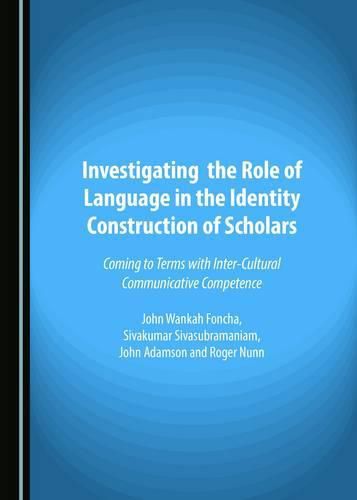Readings Newsletter
Become a Readings Member to make your shopping experience even easier.
Sign in or sign up for free!
You’re not far away from qualifying for FREE standard shipping within Australia
You’ve qualified for FREE standard shipping within Australia
The cart is loading…






Many people across the globe are today experiencing an era characterised by increasingly dynamic population mobility. It is, consequently, a time where previously held assumptions about individual and group identities, and about the social and political semiotics that shape them, seem inadequate. Languages and cultures are at the heart of what has been termed this superdiversity . In contemporary superdiverse societies, the question of language poses a particularly difficult challenge, with new cultural realities giving rise to new questions. In in such circumstances, how can linguistic and cultural identities be defined? The future is likely to witness tensions and oppositions between centrifugal and centripetal forces; and tendencies towards globalisation allow some to suggest that culture is becoming increasingly uniform. This book illustrates the narrowness and reductiveness of such suggestions, and underlines the importance of embracing centrifugal forces. Central to this, and to the practices argued for in this book, is the need for greater intercultural awareness on the part of teachers, curriculum planners, teacher educators and, of course, their students. The book explores major hindrances to communication in the way in which we over-generalise, stereotype and reduce the people with whom we communicate to something different or less than they are.
$9.00 standard shipping within Australia
FREE standard shipping within Australia for orders over $100.00
Express & International shipping calculated at checkout
Many people across the globe are today experiencing an era characterised by increasingly dynamic population mobility. It is, consequently, a time where previously held assumptions about individual and group identities, and about the social and political semiotics that shape them, seem inadequate. Languages and cultures are at the heart of what has been termed this superdiversity . In contemporary superdiverse societies, the question of language poses a particularly difficult challenge, with new cultural realities giving rise to new questions. In in such circumstances, how can linguistic and cultural identities be defined? The future is likely to witness tensions and oppositions between centrifugal and centripetal forces; and tendencies towards globalisation allow some to suggest that culture is becoming increasingly uniform. This book illustrates the narrowness and reductiveness of such suggestions, and underlines the importance of embracing centrifugal forces. Central to this, and to the practices argued for in this book, is the need for greater intercultural awareness on the part of teachers, curriculum planners, teacher educators and, of course, their students. The book explores major hindrances to communication in the way in which we over-generalise, stereotype and reduce the people with whom we communicate to something different or less than they are.